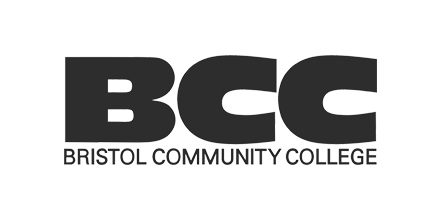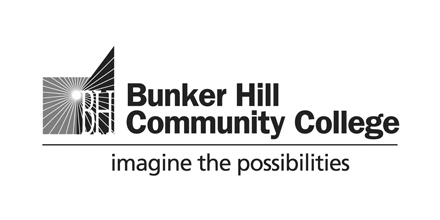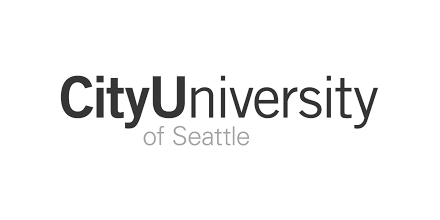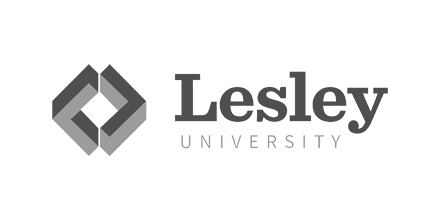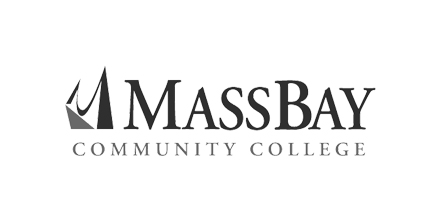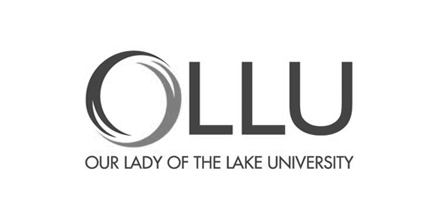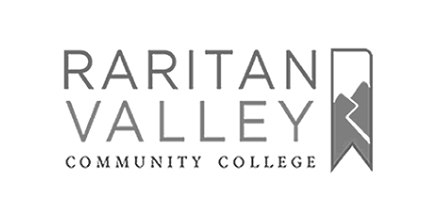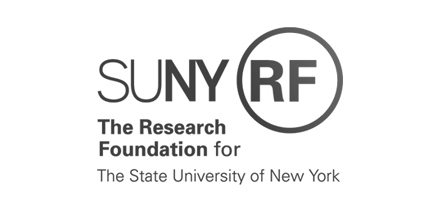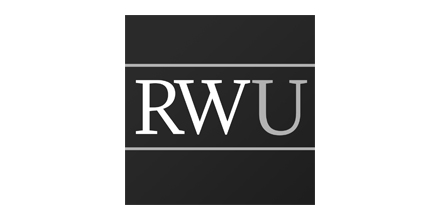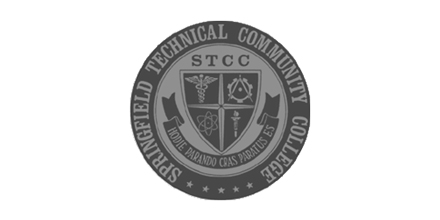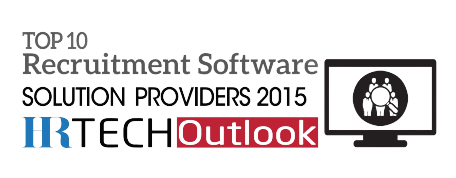Remote work has become the new norm – and depending on what side of the scale you are on, you probably have some type of reaction to that, positive or negative. Whether you are pro-remote work or not, it’s no secret that remote work has its advantages. But it also has its disadvantages. Institutions face many challenges when it comes to effective leadership and engagement with employees working remotely.
As an HR company dedicated to supporting institutions in their journey with faculty and staff working remote or hybrid, we recognize that effective remote leadership goes beyond simply managing tasks—it requires a commitment to building a strong, inclusive culture that supports faculty from any location. Read more on four of the key strategies to assist remote leadership in education.
Clear Communication
Establishing clear communication channels is essential for remote teams. Utilize a mix of tools—such as video conferencing, instant messaging, and collaborative platforms—to ensure that everyone feels connected. Regular check-ins, whether through one-on-one meetings or team huddles, can help maintain relationships and provide a platform for open dialogue. Communicate expectations regarding responsiveness and availability. By setting clear guidelines and boundaries, faculty will understand how and when to communicate.
Prioritize Well-Being
Remote work can blur the lines between personal and professional life, leading to burnout. Offering access to mental health resources, such as counseling services and wellness programs, can significantly improve well-being. Encourage faculty and staff to take regular breaks and prioritize self-care. Be mindful of workloads and encourage a healthy work-life balance. Implement flexible scheduling policies that allow faculty to manage their time effectively, accommodating their personal commitments and responsibilities. When given this flexibility, faculty and staff are more likely to go above and beyond.
Build a Collaborative Culture
Creating a collaborative culture in a remote environment is vital. Use collaborative tools like shared documents and project management tools to encourage teamwork and organization. Recognizing accomplishments, big or small, can significantly boost morale. Implement regular recognition programs that celebrate individual and team successes. Whether through virtual shout-outs in meetings or a dedicated channel for achievements, acknowledgment creates a sense of belonging, and helps other faculty strive for greatness.
Leverage Technology Wisely
Invest in technology that helps facilitate remote work. Tools for project management, communication, and file sharing can enhance efficiency and reduce error. Ensure that all faculty and staff are comfortable using these tools by providing training and support. Technology needs can evolve, so regularly assess the effectiveness of the tools in use and gather feedback from faculty to identify any challenges they face and explore solutions.
Effective remote leadership in educational institutions requires a thoughtful and proactive approach that prioritizes communication, well-being, collaboration, and technology. By adopting these strategies, institutions can create a supportive environment where everyone thrives regardless of physical location. At Hirezon, we are committed to helping organizations navigate this new landscape and develop robust remote leadership practices that benefit everyone involved. Together, we can create a more connected and engaged educational community, even from afar.













